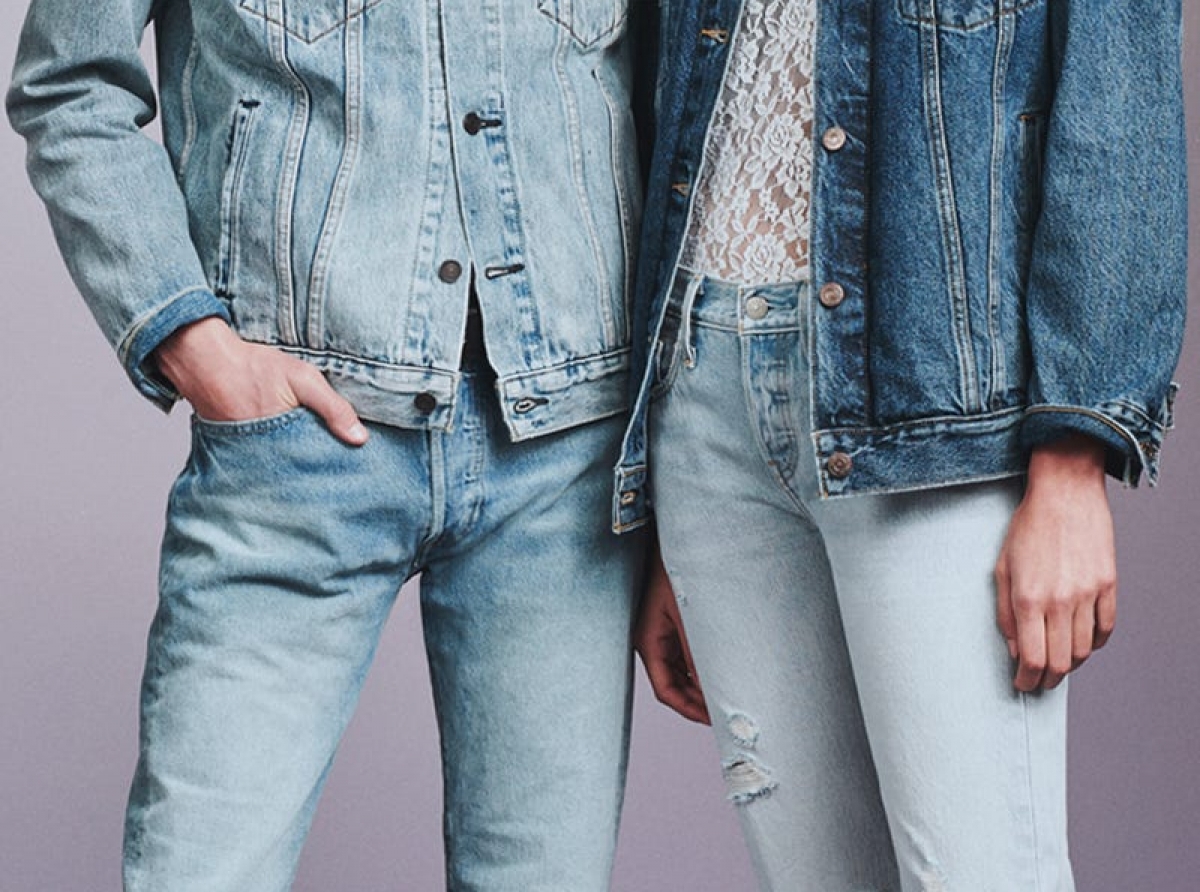Eco-friendly denim gets a boost with new brands, materials

Handcrafted jeans made from khadi are latest innovation in the denim industry. As per a report by the Apparel Resources, a 100 per cent swadeshi brand launched in 2016, Desitude offers handcrafted jeans and other premium quality apparel and accessories made from hand-spun and hand-woven khadi. These denims maintain the spirit and purity of khadi not only in their design but also in production processes and tags.
Khadi denims are a proof of consumers’ demand for eco-friendly clothing, says Siddharth Mohan Nair, Founder, Desitude. However, their making involves a lot of handmade processes which hike their prices, he adds.
Lack of stretch, environmental hazards pose challenges
Another problem with khadi denim is the lack of stretch which prevents consumers, especially women, from buying them. Their huge prices are also a big deterrent. Denim is considered to have a substantial impact on the environment. A single pair of jeans requires 20,000 litre of water to make. Around 70 per cent of Asia’s rivers and lakes have been contaminated by the 2.5 billion gallons of wastewater produced by the textile industry. Therefore, it has become necessary for the denim industry to use eco-friendly production processes.
Eco-friendly materials for transparent production
International denim brands are also looking at ethical denim production. They are trying to make production processes as transparent as possible by adapting eco-friendly processes and fabrics. For example, Everlane designs heavier denims that can be snapped back into place after each wear, requiring less washing. These denims are made at a Leadership in Energy and Environmental Design (LEED) certified factory in Vietnam that relies on solar power, recycles 98 per cent of its water and uses reverse osmosis to filter the remaining 2 per cent into clean drinking water.
Launched in 2001, first organic denim brand Kuyichi uses eco-friendly materials including organic cotton to make its denims. This cuts the brand’s carbon emissions by 60 per cent compared to conventional cotton. The Dutch brand is also a member of the Fair Wear Foundation and supports fair working conditions for all workers of its suppliers.
Manufacturer of zero-waste, vegan denims, ELV Denim transforms old discarded denim into modern and sophisticated denim. The brand manufactures all its products in local factories of East London. Through its emphasis on local production, the brand promotes an ethical lifestyle amongst its consumers.
High maintenance lowers demand
Despite these initiatives, Nair expects the future of eco-friendly denims to remain bleak. The pandemic has reduced consumer’s purchasing power, and the ability to experiment with their wardrobes. Eco-friendly denims are difficult to maintain and repair which further lowers their acceptability amongst consumers. However, Nair believes, sooner or later, consumers are sure to switch to environment-friendly clothing.
























